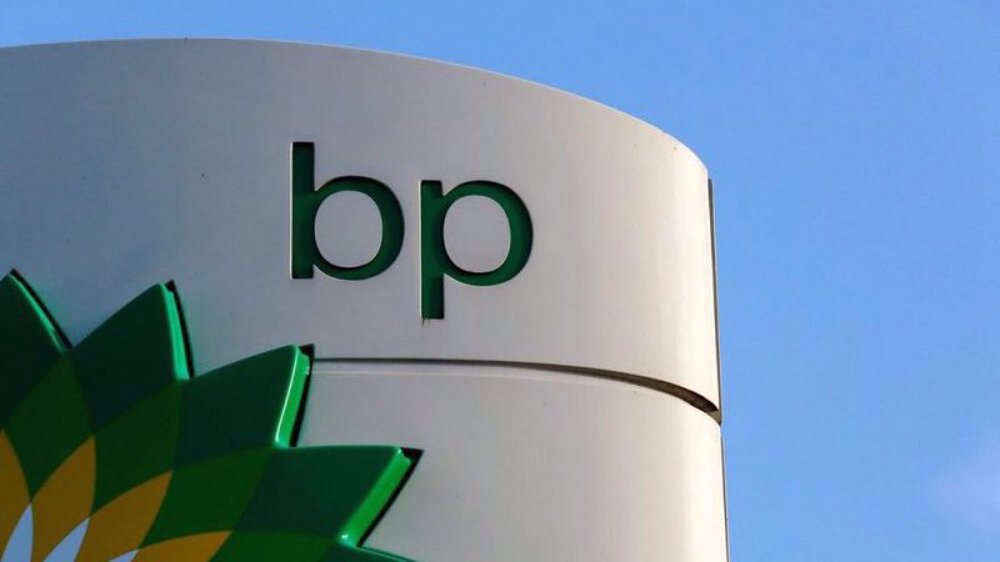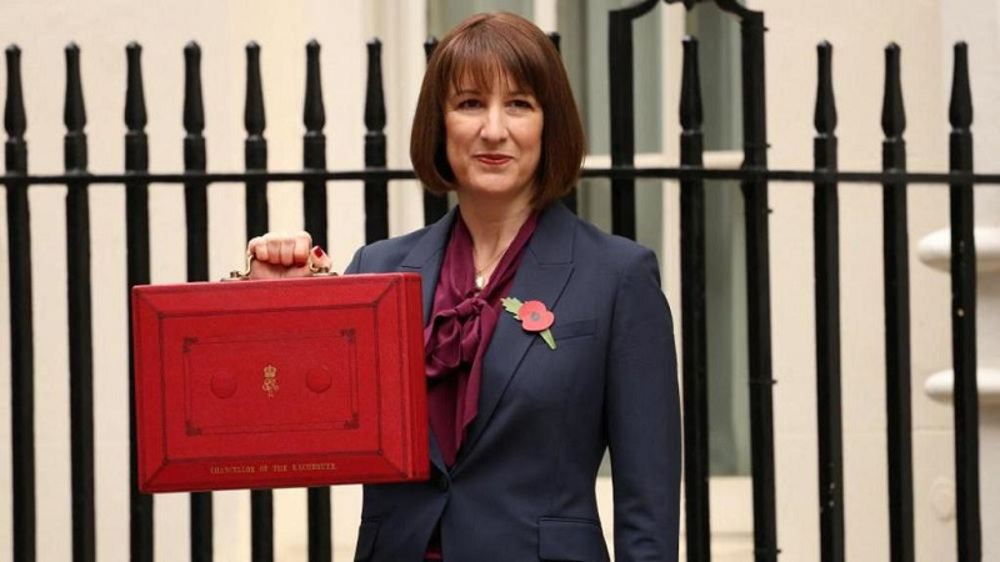Brexit to lead UK to year-long recession: Chancellor
The head of the British Treasury, George Osborne, has warned that leaving the EU, known as Brexit, would lead the UK into a year-long recession as well as 820,000 job losses.
Osborne, the Chancellor of the Exchequer, made the remarks on Monday after the finance ministry published an analysis about the immediate economic impact of leaving the bloc.
The Tory Chancellor said the exit from the European Union would cause an “immediate and profound economic shock.”
Osborne said if Britain leaves the EU, “the economy shrinks, the value of the pound falls, inflation rises, unemployment rises and wages are hit.”
The Treasury’s economic forecasts showed that an “Out” vote would make the GDP 3.6%lower than currently predicted. As a result, the pound would fall by 12% in value, some 520,000 jobs would go, average wages would fall by 2.8% and house price would be hit by 10%.
The analysis also predicted that if Britain left the bloc’s market and defaulted to World Trade Organization (WTO) membership, the GDP would be 6% lower in two years. Some 820,000 jobs could be affected, house price growth would be hit by 18% and the sterling would fall by 15%.
“Within a year of the referendum the inflation would be over 2% high and let’s be clear who that would hit the most; the lower income families who spent a largest proportion of their income on things like food and energy bills,” Osborne further added.
Christine Lagarde, the International Monetary Fund (IMF) chief, said there were no economic positives to Britain leaving the EU and that the impact would range from "pretty bad to very, very bad."
The Bank of England had also said earlier that Brexit could push the world’s fifth largest economy into recession.
Opinion polls have indicated that UK voters believe staying in the EU would be best for Britain's economy, but that support for leaving and remaining still remains at a virtual tie.
The economy and the impact of a possible British exit, or Brexit, on jobs, wages and trade are a key battleground for both the "In" and "Out" campaigns before Britons vote on June 23 on whether to stay in the 28-member bloc.
The “In” campaign, those in favor of remaining in the bloc, argue that leaving it would risk the UK's prosperity, diminish its influence over world affairs, and result in trade barriers between the UK and the EU.
VIDEO | 444 days of ethnic cleansing
VIDEO | Bethlehem's Christmas dimmed by war, restrictions
Israel admits assassinating Hamas leader, vows to inflict same fate on Yemeni fighters, people
VIDEO | Yemeni forces repel US-British attack, down F-18 Jet
Iran’s capabilities vast; enemy’s ‘maximum pressure’ policies all failed miserably: Senior official
Iran’s economy grew 2.7% y/y in Sep quarter: CBI
VIDEO | Freelancers in Gaza strive to stay online amid genocide
Mikati demands Israel's withdrawal from south Lebanon















 This makes it easy to access the Press TV website
This makes it easy to access the Press TV website